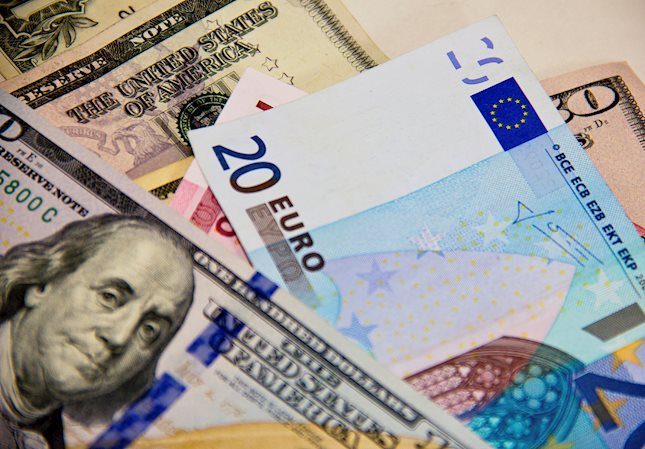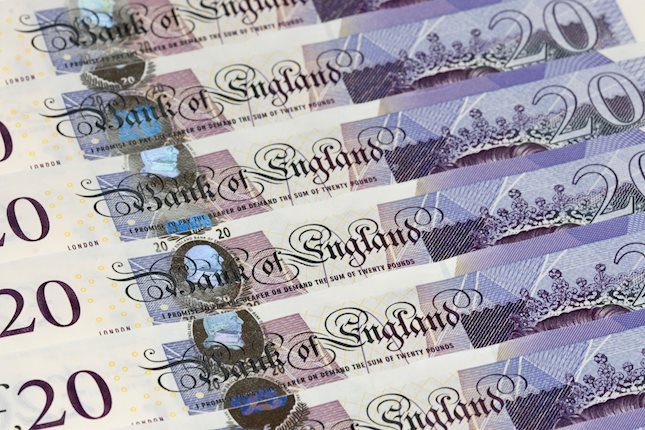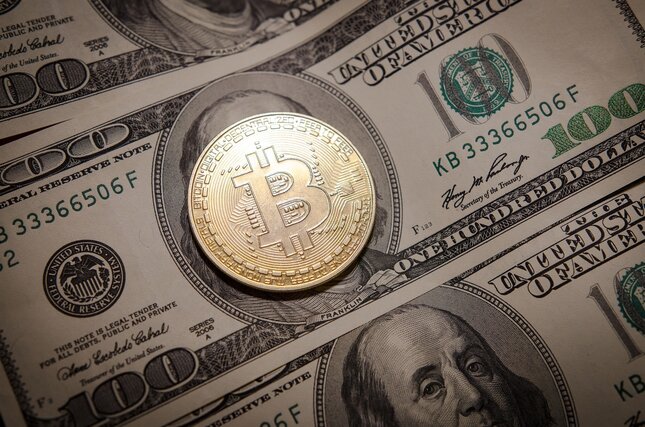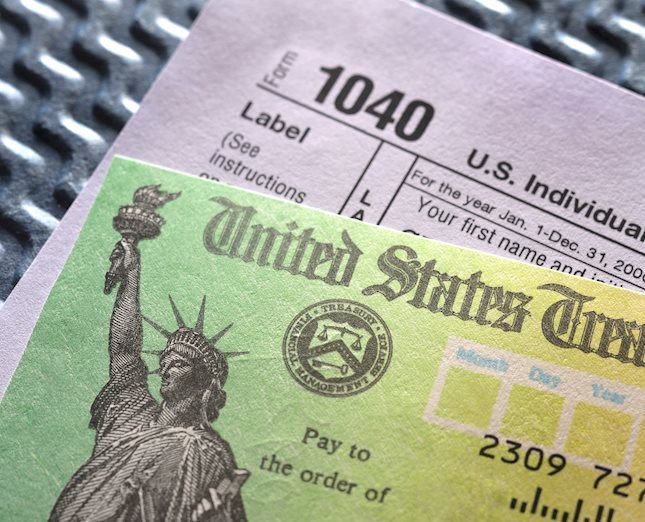Mario Draghi and Haruhiko Kuroda must be envious of Jerome Powell. The US central bank has been raising rates for three years. If the Fed Funds at 2.5% are not as high as the governors might like at least they are sitting on a modest cushion if a recession occurs this year or next. The European Central Bank and the Bank of Japan are seated on bare planks.
Few analysts are currently predicting a global recession. The IMF and others are forecasting slower growth. But there are enough risks in the environment, from a no-deal Brexit to the US-China trade dispute and political discontent in France and Germany that if one or two go wrong a recession becomes a distinct possibility.
Central banks have essentially one tool for manipulating the economy, interest rates. That is why the Fed has persisted in raising rates since December 2015 even though none of the standard indicators of an overheating economy were evident. It was criticized by some for its actions. If the US faces an economic contraction the Fed can turn to the Fed Funds rate first.
Fed Funds Interest Rate
Chart: FXStreet
The ECB main refinancing rate was held at 0% on Thursday. A number of sovereign rates in the EMU are already negative. The German 2-year Bund was at -0.58% on Thursday. Its return has been negative for more than four years. The 10-year was at 0.18%. The US 10-year Treasury was at 2.73%, the 2-year at 2.58%. Japan's 2-year JGB was -0.17%. It has been negative for three years. The Bank of Japan’s short term base rate at -0.1% has also been negative for three years.
ECB Main Refinance Rate Bank of Japan Short Term Base Rate
Charts: FXStreet
The ECB and the Bank of Japan face a dilemma of their own making. Forced by the exigencies of the financial crisis to enter the nether world of negative rates, they have maintained their policies far longer than sensible, attempting to use interest rates as a palliative for deep seated economic, political and demographic problems. The surface issue addressed by the policy, weak economic growth, has not been corrected by low rates because it is not a temporary situation but an expression of an overall loss of dynamism in the economy and society at large. All that has happened is that their economies have become addicted to low rates and they have foreclosed their own best counter to the next recession.
The effectiveness of interest rate policy is relative, it diminishes as you approach zero. The reviving effect on an economy of a 3% reduction in market rates from 5% is very different than a reduction that starts at 0%. Neither Japan or Germany have seen permanent sustainable economic improvement from zero rates. Their growth seems to have operated independently of the rate environment since the imposition of very low returns.
Charts: Reuters
In the next recession the ECB and the Bank of Japan will find that they have contracted out their recovery to the Federal Reserve and the Bank of China. It will be the Americans and the Chinese who, in stimulating their own economies will provide whatever reviving breath reaches Europe and Japan.
Information on these pages contains forward-looking statements that involve risks and uncertainties. Markets and instruments profiled on this page are for informational purposes only and should not in any way come across as a recommendation to buy or sell in these assets. You should do your own thorough research before making any investment decisions. FXStreet does not in any way guarantee that this information is free from mistakes, errors, or material misstatements. It also does not guarantee that this information is of a timely nature. Investing in Open Markets involves a great deal of risk, including the loss of all or a portion of your investment, as well as emotional distress. All risks, losses and costs associated with investing, including total loss of principal, are your responsibility. The views and opinions expressed in this article are those of the authors and do not necessarily reflect the official policy or position of FXStreet nor its advertisers. The author will not be held responsible for information that is found at the end of links posted on this page.
If not otherwise explicitly mentioned in the body of the article, at the time of writing, the author has no position in any stock mentioned in this article and no business relationship with any company mentioned. The author has not received compensation for writing this article, other than from FXStreet.
FXStreet and the author do not provide personalized recommendations. The author makes no representations as to the accuracy, completeness, or suitability of this information. FXStreet and the author will not be liable for any errors, omissions or any losses, injuries or damages arising from this information and its display or use. Errors and omissions excepted.
The author and FXStreet are not registered investment advisors and nothing in this article is intended to be investment advice.
Recommended Content
Editors’ Picks

EUR/USD clings to strong daily gains near 1.0400
EUR/USD remains on track to post strong gains despite retreating from the session high it set above 1.0430. The positive shift in risk mood, as reflected by the bullish action seen in Wall Street, forces the US Dollar to stay on the back foot and helps the pair hold its ground.

GBP/USD surges above 1.2500 as risk flows dominate
GBP/USD extends its recovery from the multi-month low it set in the previous week and trades above 1.2500. The improving market sentiment on easing concerns over Trump tariffs fuelling inflation makes it difficult for the US Dollar (USD) to find demand and allows the pair to stretch higher.

Gold firmer above $2,630
Gold benefits from the broad-based US Dollar weakness and recovers above $2,630 after falling to a daily low below $2,620 in the early American session on Monday. Meanwhile, the benchmark 10-year US Treasury bond yield holds above 4.6%, limiting XAU/USD upside.

Bitcoin Price Forecast: Reclaims the $99K mark
Bitcoin (BTC) trades in green at around $99,200 on Monday after recovering almost 5% in the previous week. A 10xResearch report suggests BTC could approach its all-time high (ATH) of $108,353 ahead of Trump’s inauguration.

Five fundamentals for the week: Nonfarm Payrolls to keep traders on edge in first full week of 2025 Premium
Did the US economy enjoy a strong finish to 2024? That is the question in the first full week of trading in 2025. The all-important NFP stand out, but a look at the Federal Reserve and the Chinese economy is also of interest.

Best Forex Brokers with Low Spreads
VERIFIED Low spreads are crucial for reducing trading costs. Explore top Forex brokers offering competitive spreads and high leverage. Compare options for EUR/USD, GBP/USD, USD/JPY, and Gold.